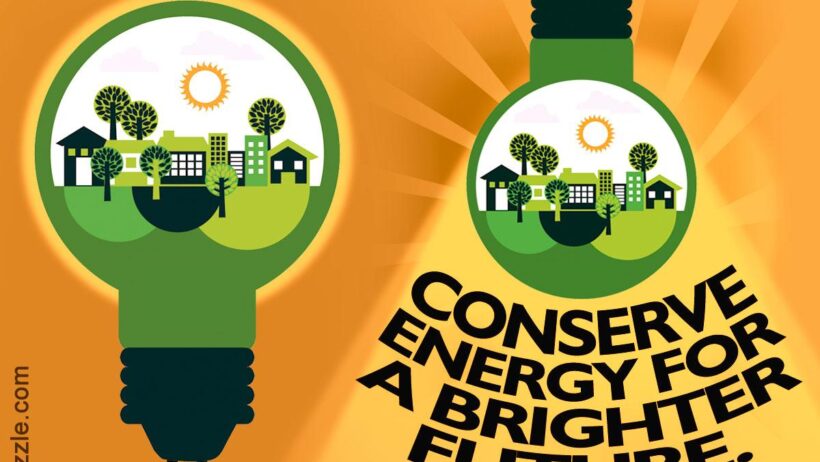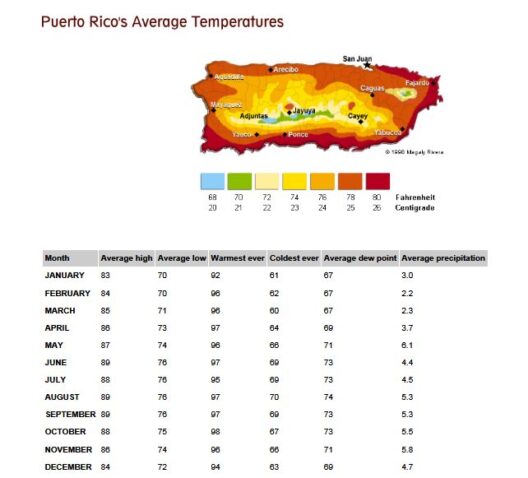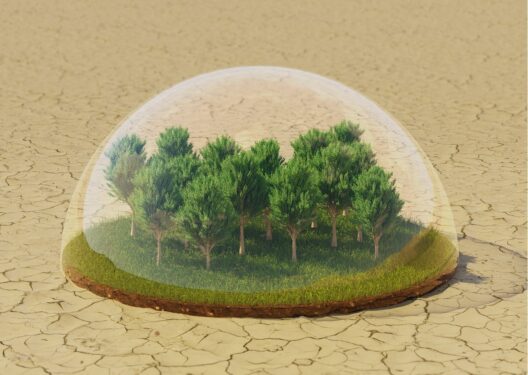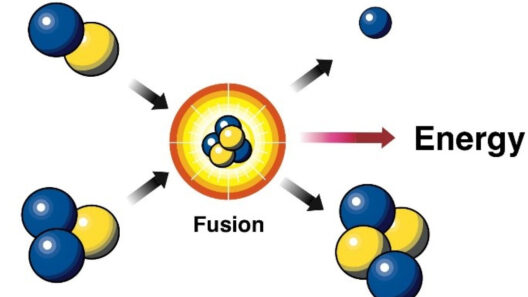Energy conservation is no longer a mere suggestion; it is a necessity in the pursuit of a sustainable future. The alarming rate of energy consumption worldwide raises critical questions about our impact on the environment. As the global population increases, so does the demand for energy resources, leading to detrimental ecological consequences. By reducing energy use, we not only conserve resources but also protect the planet. Let’s explore the profound environmental impact of energy conservation and the benefits it brings to our ecosystems.
Considerable strides must be made in our energy usage if we aim to preserve the delicate balance of our ecosystems. Energy conservation plays a pivotal role in preventing climate change, protecting biodiversity, and ensuring the sustainability of natural resources. This article delves into the cornerstones of energy conservation and its ripple effects on our environment, offering insights into practical strategies for reducing energy usage across various sectors.
Arguments in favor of energy conservation abound, yet they coalesce around several key environmental benefits. The reduction of greenhouse gas emissions tops the list, as energy production is a significant contributor to global warming. The majority of our energy is still derived from fossil fuels, like coal and natural gas, which emit carbon dioxide and other harmful pollutants when burned. Thus, every unit of energy conserved translates directly into fewer emissions and a smaller carbon footprint.
Preserving Natural Resources Through Energy Conservation
The depletion of natural resources presents an existential threat to our planet. Fossil fuels are finite resources; they will eventually be exhausted if consumption continues at the current pace. Energy conservation helps alleviate the pressure to extract and utilize these resources. Additionally, reducing energy consumption conserves water, which is crucial as water scarcity becomes an increasing concern in many parts of the world. For example, significant amounts of water are required for cooling in power plants, which directly links energy use to water conservation.
Beyond just conserving energy, reduced energy consumption enables us to pivot towards renewable resources. By choosing to conserve energy, we foster the development and deployment of solar, wind, and hydroelectric power. These renewable resources contribute to decreasing reliance on fossil fuels and promote a circular economy that minimizes waste and maximizes efficiency.
Protecting Biodiversity by Reducing Energy Footprint
The rapid degradation of biodiversity due to habitat destruction from energy extraction processes is alarming. Deforestation, mining, and land-use change associated with oil and gas extraction have dire consequences on wildlife and ecosystems. Energy conservation, therefore, acts as a robust strategy to mitigate habitat loss. By consuming less energy, we can lessen our impact on the natural landscapes that are vital for countless species, directly contributing to the preservation of biodiversity.
Reduced emissions through energy conservation can also help stabilize the climate, which is critical for maintaining the habitats in which diverse species thrive. Climate change has far-reaching effects on biodiversity; shifts in weather patterns, temperature extremes, and changing ecosystems pose threats to flora and fauna alike. Each act of energy conservation is a step towards a more stable climate, preserving the intricate relationships within ecosystems.
The Economic Argument for Energy Conservation
In addition to the ecological benefits, energy conservation presents economic advantages that should not be neglected. Lower energy consumption reduces expenses for both individuals and businesses. The implementation of energy-efficient practices can greatly diminish operational costs, thereby allowing companies to allocate resources towards sustainability efforts and innovation. Furthermore, government policies encouraging energy conservation can stimulate job creation in green technology sectors, driving economic growth while combating climate change.
Investing in energy-efficient technologies also enhances productivity. Energy conservation provides a dual advantage: it lowers costs while promoting the longevity and reliability of energy systems. For instance, upgrading to energy-efficient appliances or retrofitting buildings can lead to significant savings, reducing both environmental impact and utility bills.
Engagement and Behavioral Change: The Grassroots Movement
Individual efforts toward energy conservation can create a profound cumulative impact. When communities come together to engage in energy-saving practices, the benefits can be exponential. Advocacy and awareness campaigns encourage citizens to adopt energy-efficient habits, such as switching off lights when not in use, utilizing public transportation, and investing in home insulation. Such behavioral changes, though seemingly small, can generate significant reductions in energy demand.
Grassroots efforts can also influence policy-making. By demonstrating the importance of energy conservation through community programs, residents can advocate for legislation that promotes sustainable energy practices. Collective action plays an indispensable role in shifting the cultural narrative surrounding energy consumption, creating a more energy-conscious society.
In conclusion, energy conservation stands as a critical pillar in the initiative to save the planet. From reducing greenhouse gas emissions to protecting biodiversity and fostering economic resilience, the implications of conserving energy span numerous sectors. Every effort counts; whether it is through individual action, community engagement, or technological innovation, each step towards reducing energy use is a leap toward a sustainable and thriving planet. As we navigate the challenges of the 21st century, prioritizing energy conservation will undoubtedly yield profound benefits for our environment, economy, and future generations.






